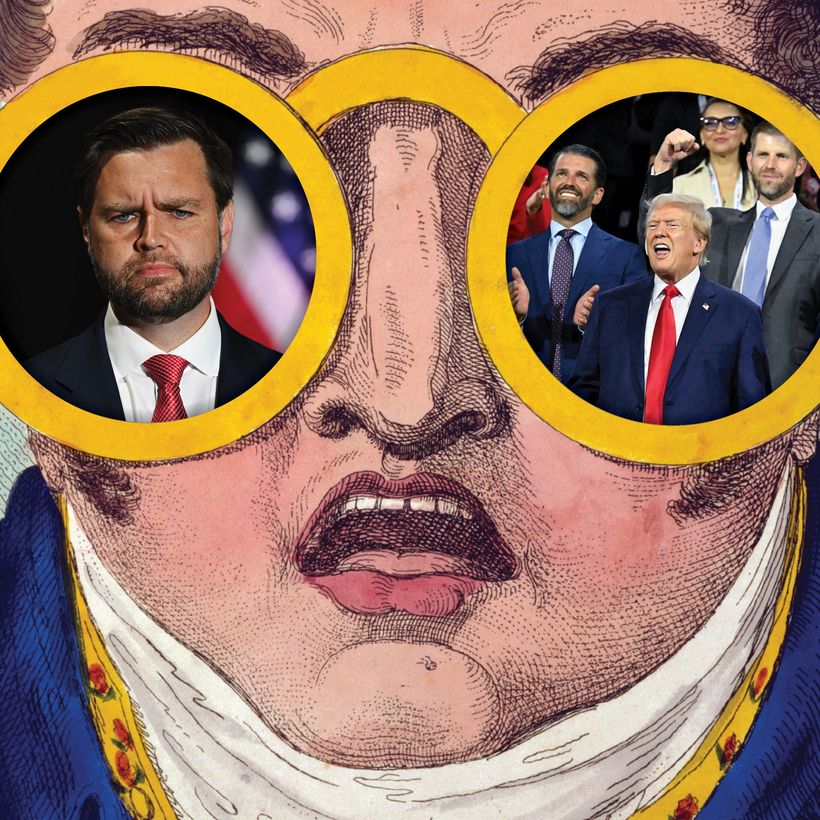We suspect the American flag is flying at half-mast in some areas of the country, if only metaphorically. The most unlikely candidate in history for the nation’s highest office has staged a sweeping comeback victory that almost half the country believes will kill or cripple American democracy—and the other half thinks will save it. How interesting that there wasn’t so much as a whisper of election fraud from the winning party.
This time, there will be no checks or balances to temper the president-elect’s fever grievances. The Senate and the House will be Republican-controlled, the majority of the Supreme Court is already well to the right, and a militia of MAGA zealots led by Stephen Miller is poised to purge the executive branch—and, indeed, the human assets of the working day-to-day government—of dissenters who try to put the brakes on Project 2025, the Trump-affiliated Heritage Foundation’s plan for remaking the country in His image.

